How important is Gaza to Philip’s Evangelizing Mission?
What does Gaza have to do with,
“Go into all the world and preach the gospel to all creation.” and evangelizing Christ Jesus?
Quote of Jesus from the Gospel of Mark 16:15
We’ll talk of JESUS’ evangelism model begun in the Apostles and now a command to Philip, one of Jerusalem’s first seven deacons in a moment. But first let’s review the setting of this semi-familiar scene of Philip baptizing an Ethiopian eunuch in (of all places), Gaza.
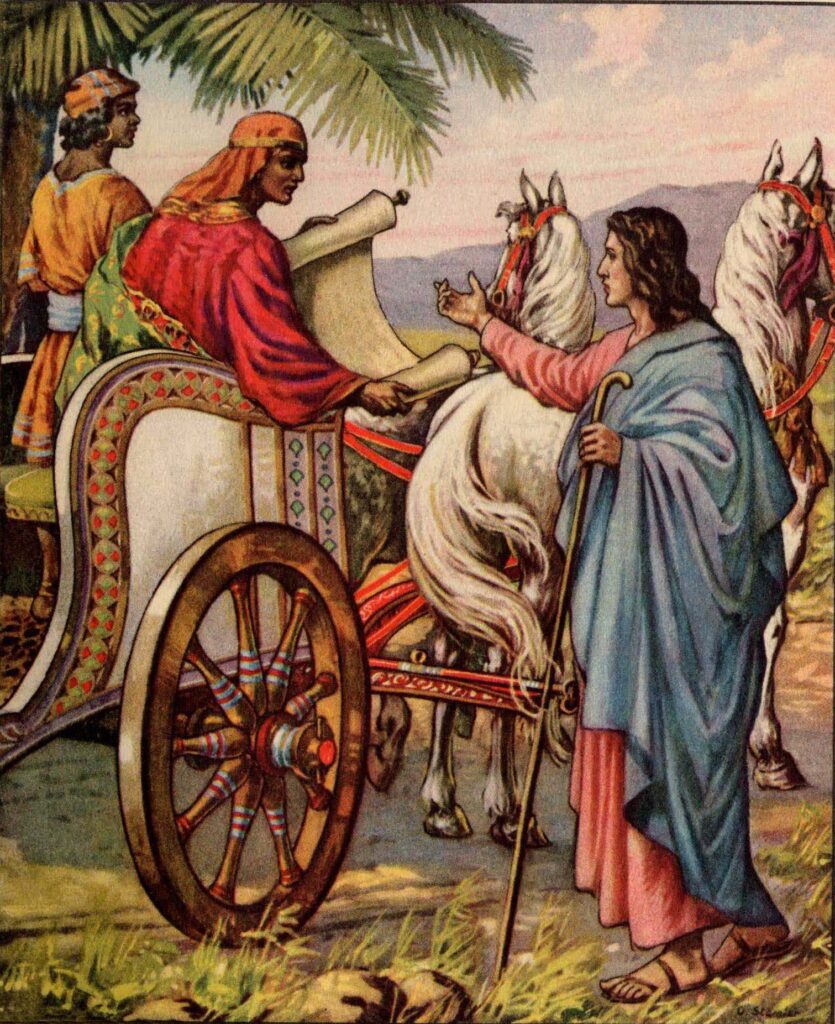
Acts of Evangelism by Christ’s disciples from Jerusalem’s Church
8: At that time a great persecution arose against the church which was at Jerusalem; and they were all scattered throughout the regions of Judea and Samaria, except the apostles.
- 4 Therefore those who were scattered went everywhere preaching the word.
- 5 Then Philip went down to the city of Samaria and preached Christ to them. And the multitudes with one accord heeded the things spoken by Philip, hearing and seeing the miracles which he did.
- (We will get back to the contrast between Samaria and Gaza in a moment.)
- The Apostles in Jerusalem sent Peter and John to those evangelizing the towns of Samaria.
- .. they [Peter & John] returned to Jerusalem, preaching the gospel in many villages of the Samaritans.
An Angel of the Lord commands Philip: GO to Gaza
We don’t want to dismiss too quickly who sends Philip on his way from the big city of Samaria (then called, Sebastia (when rebuilt by Herod the Great) with its six thousand souls, to an uninhabited Gaza along the road from Jerusalem.

Luke does not use this description of just anyone.
- Now an angel of the Lord appeared to him, standing to the right of the altar of incense. Zechariah [Priest of the LORD and father of John the Baptist] was troubled when he saw the angel, and fear gripped him. – Gospel of Luke 1:11-12
- And an angel of the Lord suddenly stood near them, and the glory of the Lord shone around them; and they were terribly frightened. – Gospel of Luke 2:9 – from the nativity of the shepherds near Bethlehem .. (also not too far from here)
We know these instances well; however in Luke’s second account of the Acts of the Apostles the Angel of the Lord initiates some important ACTS of disciples of the Risen Christ Jesus.
Previously, our history of the Apostles imprisoned in Jerusalem has already witnessed one of these appearances of the Angel of the Lord. A praying church is astounded to see Peter and John released from prison and then returning to the Temple to preach the Gospel.
They laid hands on the apostles and put them in a public prison. But during the night an angel of the Lord opened the gates of the prison, and leading them out, he said, “Go, stand and speak to the people in the temple area the whole message of this Life.”
Acts of the Apostles 5:18-20 NASB20
Philip Goes to Gaza – ACTS 8
But an angel of the Lord spoke to Philip, saying,
“Get ready and go south to the road that descends from Jerusalem to Gaza.” (This is a desert road.)
Acts of Philip, disciple of the Apostles, 8:26 NASB20
27 So he started out, and he met the treasurer of Ethiopia, a eunuch of great authority under the Kandake, the queen of Ethiopia. The eunuch had gone to Jerusalem to worship, and he was now returning.
Seated in his carriage, he was reading aloud from the book of the prophet Isaiah.
The Kandake, Queen of Ethiopia
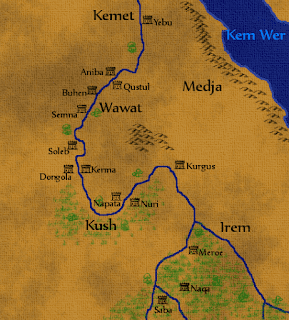
Amanitaraqide appears to be the subject of a brief reference in the New Testament (Acts 8:27)
Amanitaraqide held the title of Kandake in the Kingdom of Kush during the years 21-41
Source – Wikipedia
Nubia is a region along the Nile river encompassing the area between Aswan in southern Egypt and Khartoum in central Sudan. It was the seat of one of the earliest civilizations of ancient Africa, with a history that can be traced from at least 2500 BC onward, Kerma culture, and was home to several empires, most prominently the kingdom of Kush, which for a while even ruled over Egypt. Before the 4th century, and throughout classical antiquity, Nubia was known as Kush, or, in Classical Greek usage, included under the name Ethiopia (Aithiopia). [MAP above of this region along the Nile & descriptions: Source]
Αἰθίοψ – Ethiopian = “black”
The eunuch, wearing expensive robes of a court official, rides in a royal chariot (reserved for only the highest officials of Rome and independent powerful kingdoms), would seem unapproachable by an ordinary man like Philip. For it seems this royal official would have been in Jerusalem on some important diplomatic mission as the queen’s personal representative.
If you think back to the status of Daniel in Babylon or even further back to this region of the Nile and the earned status of Joseph serving Pharaoh, you will get a good picture of the importance of this man to the highest leaders of his country.
Even in this A.D. 21st century most men like Philip (and you) would know very little about this distant country in Africa far from Jerusalem and further from Rome and the new world beyond the great ocean.
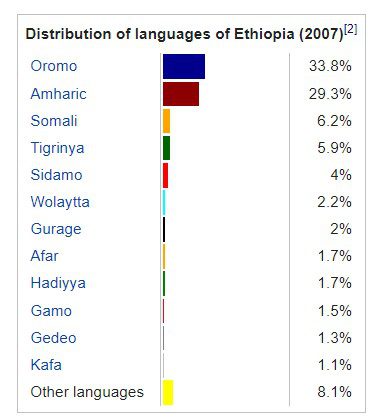
Ethiopia, like many lands, must hear the Gospel in many languages.
Graphic source: Oromo Bible Society
O land, land, land, hear the word of the LORD!
No, the Ethiopian court official is not like Philip.
As a diplomat with power to travel the world on behalf of his queen, he will play an important role in the spreading of the Gospel. So after Philip obediently travels to Gaza, he discovers that this man is a brother, a Jew who studies Scripture! And here in Gaza he is returning home to Kush from worship of the LORD in Jerusalem.
(That’s right, the same Jerusalem from which Philip has fled; initially north to the city of Samaria, but now southwest of Jerusalem into the desert lands of Gaza.)
Studying Isaiah with a ‘missionary’ to Gaza
ACTS 8:
29 Then the Spirit said to Philip, “Go near and overtake this chariot.”
(Philip is on foot and has walked this distance from Samaria, but this is now a second command of the Spirit as he reaches the Gaza road.)
30 So Philip ran to him, and heard him reading the prophet Isaiah
30 وَعِنْدَمَا رَكَضَ فِيلِبُّسُ إلَى العَرَبَةِ، سَمِعَ الرَّجُلَ يَقْرَأُ كِتَابَ النَّبِيِّ إشَعْيَاءَ. فَقَالَ لَهُ فِيلِبُّسُ:
ﻋﻤﺎﻝ ﺍﻟﺮﺳﻞ 8:30
Arabic Bible: Easy-to-Read Version
“Do you understand what you are reading?”
31 The man replied, “How can I, unless someone instructs me?” And he urged Philip to come up into the carriage and sit with him.
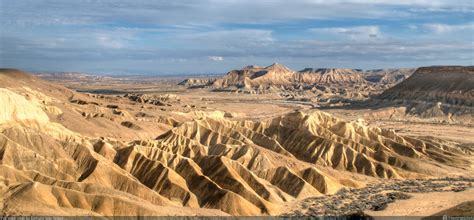
Philip traveled in style for a while as they read.
Now the passage of Scripture which he was reading was this:
Isaiah
נִגַּשׂ וְהוּא נַעֲנֶה וְלֹא יִפְתַּח־פִּיו כַּשֶּׂה לַטֶּבַח יוּבָל וּכְרָחֵל לִפְנֵי גֹזְזֶיהָ נֶאֱלָמָה וְלֹא יִפְתַּח פִּֽיו׃
מֵעֹצֶר וּמִמִּשְׁפָּט לֻקָּח וְאֶת־דּוֹרוֹ מִי יְשׂוֹחֵחַ כִּי נִגְזַר מֵאֶרֶץ חַיִּים מִפֶּשַׁע עַמִּי נֶגַע לָֽמוֹ׃
Masoretic Text Isaiah 53:7-8, quoted in ACTS 8:32-33
Or perhaps the Ethiopian official traveling from Jerusalem through Gaza back to Egypt would have held a Septuagint translation of the Hebrew Bible into Greek. ..dated to the reign of Ptolemy II of Egypt (285-246 BC).. (READ more about ancient Egypt and Ethiopia from Source link: biblearchaeology.org)
πάντες ὡς πρόβατα ἐπλανήθημεν ἄνθρωπος τῇ ὁδῷ αὐτοῦ ἐπλανήθη καὶ κύριος παρέδωκεν αὐτὸν ταῗς ἁμαρτίαις ἡμῶν
Yeshaiya (Isaiah) 53:6 :: Septuagint (LXX)
In reading all of Isaiah 53 he would have just read in verse 6:
All we like sheep have gone astray; we have turned every one to his own way; and the LORD hath laid on him the iniquity of us all. [KJV]
34 So the eunuch answered Philip and said, “I ask you, of whom does the prophet say this, of himself or of some other man?”
35 Then Philip opened his mouth, and beginning at this Scripture, preached Jesus to him.
Our chariot journey with Philip and the Ethiopian eunuch, to be continued..
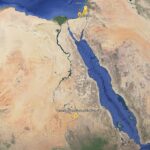

Leave a Reply